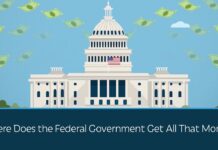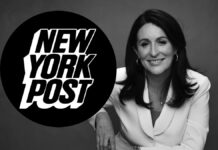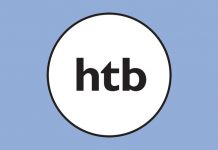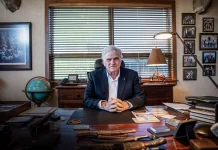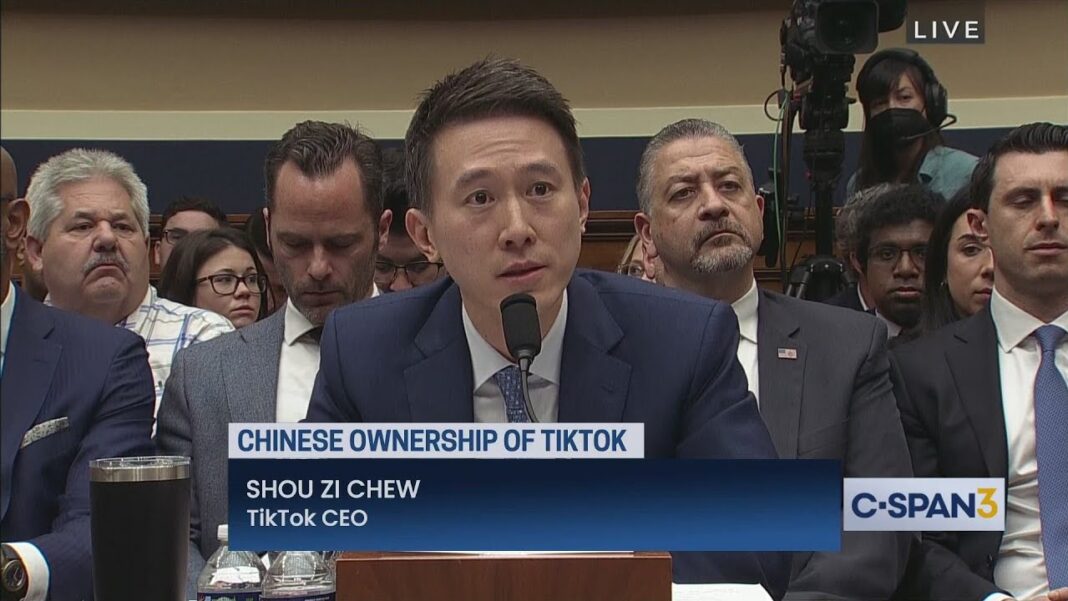Today, TikTok. Tomorrow, who knows?
Last week, members of Congress relentlessly grilled Shou Zi Chew, the CEO of Chinese social media giant TikTok. Anger toward Chew was remarkably bipartisan: Both Republicans and Democrats consider TikTok an addictive service that harms kids, provides a vector for Chinese government propaganda, and captures the personal data of millions of Americans.
These concerns are not entirely unfounded. The Chinese government’s thirst for censorship is well documented: The Chinese Communist Party (CCP) has gone to great lengths to prohibit content relating to Winnie the Pooh wherever it might appear, for instance, due to the character’s resemblance to President Xi Jinping. And when Google attempted to relaunch in China, the government forced the company to restrict searches relating to Tiananmen Square. Chew testified before Congress that political dissent is widely available on TikTok, but there is plenty of evidence that the social media platform has suppressed content shown in the U.S. at the Chinese government’s behest.
China isn’t the only one playing that game. The U.S. government has also shown great interest in controlling what information its citizens consume online. Both the Twitter Files and the Facebook Files have shown that American social media companies have faced relentless pressure to restrict speech on controversial subjects like COVID-19 vaccines, Hunter Biden, and the 2020 election. Federal agencies including the State Department, Department of Homeland Security, Centers for Disease Control and Prevention (CDC), the FBI, and even the White House have all communicated with moderators at social media companies, urging them to take action against legal speech.
The U.S. government’s behavior on this front has been so disreputable—so thoroughly at odds with the principles of the First Amendment—that all Americans should be deeply skeptical of efforts by federal lawmakers and bureaucrats to claim for themselves even more power over tech platforms. But that’s precisely the point of the TikTok hearings: to give Congress a pretext to unilaterally ban TikTok.
By Robby Soave
Read Full Article on Reason.com


















